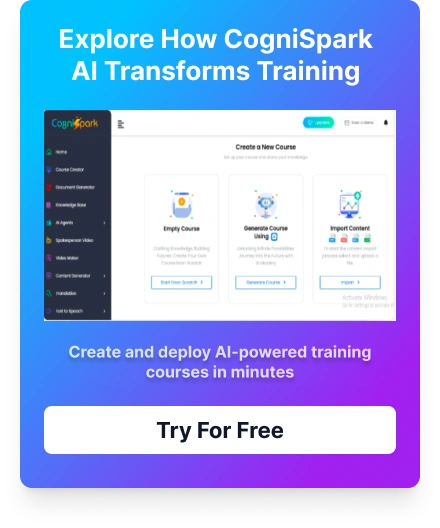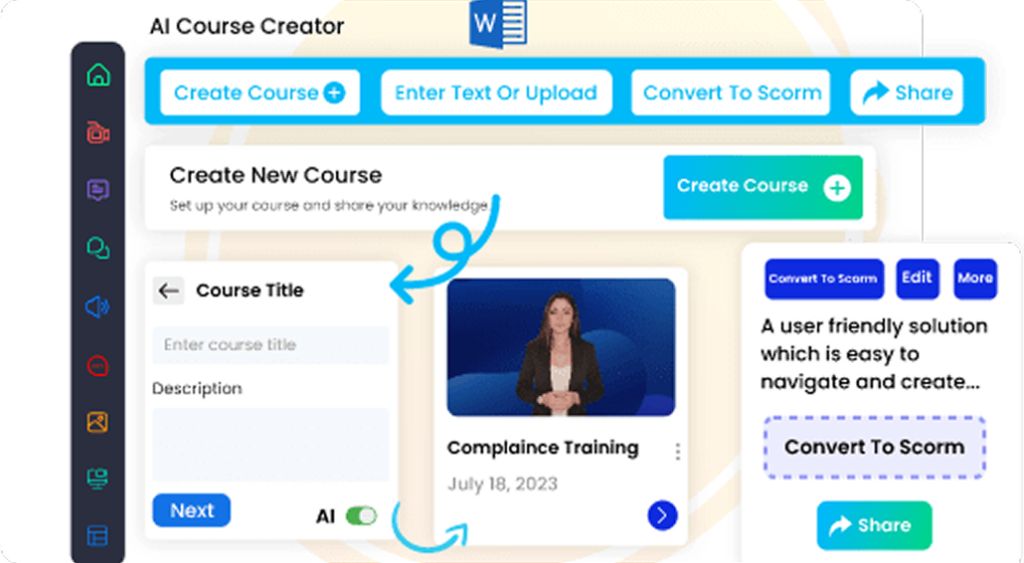Mastering the Fundamentals: What is Customer Service Training?
In today’s competitive business landscape, delivering exceptional customer experiences is vital to success. Customer service course forms the foundation of a service-driven organization by equipping employees with essential skills such as effective communication, problem-solving, and empathy. This structured process helps staff understand customer expectations and aligns their behaviors with company values. By mastering these fundamentals, organizations can foster a culture of service excellence, enhance customer satisfaction, and build long-term loyalty. Well-designed training initiatives ensure employees are confident and competent in managing diverse interactions, ultimately driving sustained business growth.
Understanding what constitutes customer service training involves grasping its core components, objectives, and strategic importance. It’s not merely about teaching product details but about developing a service mindset that consistently delivers value. In the context of evolving customer needs, mastering these basics enables employees to adapt quickly, manage conflicts, and embody the brand promise effectively. As organizations recognize the strategic role of excellent service, mastering the fundamentals becomes the first step toward creating memorable customer experiences that differentiate a brand in a crowded marketplace.
Essential Guide to Implementing Effective Customer Service Training
Implementing successful customer service training requires a strategic approach rooted in understanding organizational needs and customer expectations. Start by conducting a thorough needs assessment—gathering feedback from customers, analyzing performance data, and identifying skill gaps. Set clear, measurable objectives aligned with business goals, such as improving resolution times or increasing customer satisfaction scores.
Design a comprehensive curriculum that combines various training methods, including instructor-led sessions, e-learning modules, and on-the-job shadowing. Incorporate real-life scenarios and role-playing exercises to provide practical experience. Leverage technology, such as Learning Management Systems (LMS), AI simulation tools, and virtual reality, to create engaging and personalized learning experiences. Continuous evaluation through feedback, KPIs, and analytics ensures the training remains relevant and impactful. Leadership involvement and fostering a culture of ongoing learning are key to embedding these practices into daily operations.
Strategies for Developing Customer Service Skills
Developing robust customer service skills involves a combination of targeted training techniques and experiential learning. Formal training programs should cover communication, active listening, conflict resolution, emotional intelligence, and product knowledge. Scenario-based exercises and role-playing help employees practice handling complex interactions in a safe environment, increasing confidence and competence.
In addition, integrating technology—such as AI-powered chat simulations or virtual reality environments—can provide immersive experiences that mirror real customer interactions. Continuous coaching, peer learning, and regular feedback are essential for reinforcing skills. Emphasizing soft skills like empathy, resilience, and adaptability transforms transactional interactions into relational ones, fostering loyalty and positive brand perception. Personalized learning pathways, driven by performance data, further accelerate skill development tailored to individual needs.
Discover how our courses can align with your training goals and drive real results.
Learning Built Around Your Goals.
Schedule A DemoMeasuring Success in Customer Service Training Programs
Evaluating the effectiveness of customer service training involves analyzing multiple performance metrics. Key indicators include customer satisfaction scores (CSAT), Net Promoter Scores (NPS), first contact resolution (FCR), and average handling time (AHT). Comparing these metrics pre- and post-training provides insights into improvements in service quality.
Gathering feedback directly from employees and supervisors also offers qualitative insights into training impact. Leveraging analytics—such as LMS data, call transcript analysis, and customer feedback—enables real-time monitoring of progress. Establishing continuous measurement frameworks ensures training investments translate into tangible business outcomes, such as increased loyalty and reduced complaint rates. Regular assessment and adaptation are vital for sustained success and maintaining high service standards.
How CogniSpark AI Redefines Customer Service Training
To meet the demands of modern customer service, CogniSpark AI delivers a future-ready training solution that combines intelligence, interactivity, and scalability. Its integrated AI Tutor offers real-time feedback and scenario-based learning to help employees master soft skills like empathy, conflict resolution, and active listening—essential for creating standout customer experiences. With its in-built authoring tool, organizations can quickly create, customize, and update content to reflect their brand tone and evolving customer service protocols.
The Course is also fully compatible with any LMS, ensuring seamless deployment and centralized tracking of employee progress. Whether you’re training new hires or upskilling experienced teams, CogniSpark AI makes customer service training engaging, adaptive, and results-driven.
The Future of Customer Service Training: Trends and Innovations
The landscape of customer service training is rapidly evolving, driven by technological advances and changing customer expectations. Emerging trends include immersive learning through virtual reality (VR) and augmented reality (AR), enabling employees to develop empathy and problem-solving skills in simulated environments. AI-powered platforms offer personalized, adaptive training paths based on individual performance and learning styles.
Microlearning modules deliver focused, quick-hit content for ongoing development, making continuous learning feasible amidst busy schedules. Data analytics and predictive modeling help organizations identify future skill gaps and tailor training initiatives proactively. Additionally, emphasizing emotional intelligence and soft skills—such as resilience and active listening—remains crucial as customers seek authentic, empathetic interactions across multiple channels. Organizations that embrace these innovations will be better positioned to meet evolving standards and deliver exceptional customer experiences in the future.
Explore Our eLearning Course Catalog
Access 100+ fully editable, SCORM-compatible courses featuring an integrated AI Tutor and an in-built authoring tool. Seamlessly compatible with any LMS, these courses are designed to elevate your training programs.
Explore Course Catalog






















